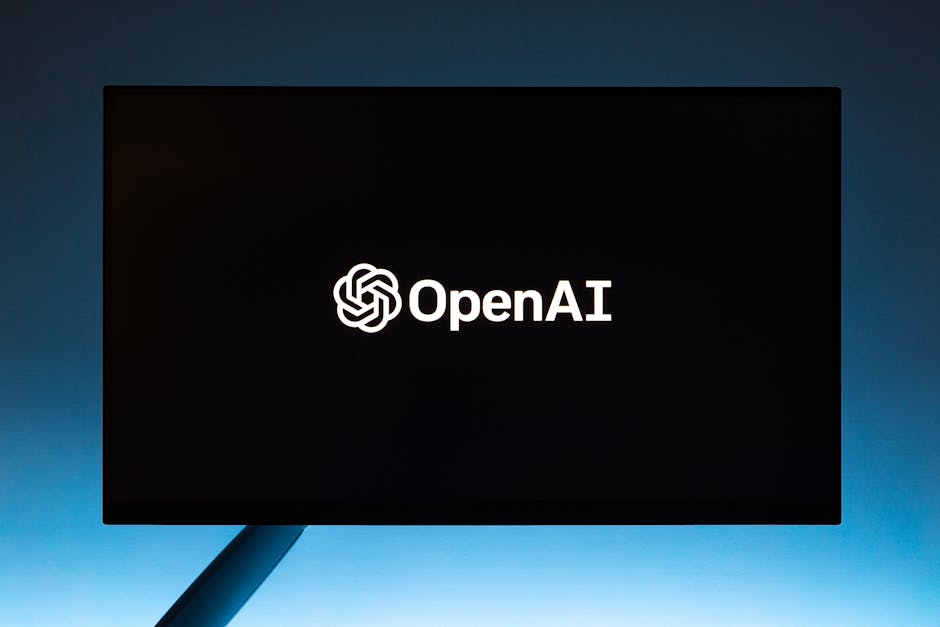AI’s Ascendance: Reshaping Digital Marketing in 2025
Artificial intelligence (AI) is rapidly transforming the digital marketing landscape in 2025, automating tasks, personalizing experiences, and driving unprecedented levels of efficiency and effectiveness. This technological shift is impacting every facet of the industry, from content creation and campaign optimization to customer service and data analysis. Marketers are increasingly leveraging AI-powered tools to gain a competitive edge in an ever-evolving digital ecosystem.
The Rise of AI-Powered Content Creation
One of the most significant impacts of AI in 2025 is its role in content creation. AI-powered writing tools are generating marketing copy, blog posts, and social media updates at an unprecedented scale. These tools analyze vast datasets to identify trending topics and optimize content for specific audiences, significantly accelerating content production cycles. While human oversight remains crucial for ensuring accuracy and brand voice consistency, AI’s ability to automate repetitive tasks frees up marketers to focus on higher-level strategic initiatives. This increased efficiency is leading to a surge in content volume and improved overall marketing ROI.
Enhanced Personalization Through AI
AI algorithms are enabling marketers to deliver highly personalized digital experiences to individual customers. Through sophisticated data analysis, AI identifies unique customer preferences, purchase history, and online behavior, allowing for targeted advertising campaigns and customized content recommendations. This level of personalization is leading to increased engagement, higher conversion rates, and stronger customer relationships. Marketers are seeing substantial improvements in click-through rates and overall campaign effectiveness due to this individualized approach.
AI-Driven Campaign Optimization and Predictive Analytics
AI’s capabilities extend beyond content creation and personalization. Advanced AI algorithms are analyzing real-time campaign data to optimize ad spending, targeting, and messaging. This dynamic optimization ensures that marketing budgets are allocated efficiently and campaigns are continuously refined for maximum impact. Furthermore, predictive analytics powered by AI offer insights into future market trends and customer behavior, enabling proactive campaign adjustments and strategic planning. This data-driven approach is revolutionizing the way marketers plan and execute their campaigns.
Streamlining Ad Spending with AI
The use of AI in optimizing ad spend is showing significant returns in 2025. Marketers are reporting substantial cost savings while maintaining or exceeding their performance targets. AI algorithms dynamically adjust bids in real-time, targeting high-potential audiences while minimizing wasted ad spend. This precision targeting maximizes ROI and improves the overall efficiency of digital marketing campaigns. This efficiency is allowing marketers to reach their target audiences more effectively with reduced budgets.
AI’s Impact on Customer Service and Engagement
AI-powered chatbots and virtual assistants are becoming increasingly prevalent in customer service, providing instant support and resolving queries efficiently. These tools are available 24/7, improving customer satisfaction and reducing the workload on human agents. AI algorithms also analyze customer feedback and interactions to identify areas for improvement in products, services, and marketing strategies. This continuous feedback loop is improving customer engagement and loyalty, building stronger relationships with the brand.
Enhancing Customer Experience Through AI Integration
In 2025, many companies are integrating AI across multiple customer touchpoints, creating seamless and personalized experiences. From AI-powered recommendations on e-commerce websites to proactive customer support through chatbots, this holistic approach is driving customer satisfaction. This integrated approach fosters loyalty and increases customer lifetime value. The shift to AI-driven customer service is reducing operational costs while enhancing customer experience.
Challenges and Ethical Considerations of AI in Marketing
Despite the numerous benefits, the integration of AI in marketing presents several challenges and ethical considerations. Data privacy concerns are paramount, as AI algorithms require access to large quantities of customer data. The potential for algorithmic bias and discriminatory practices is another crucial concern. Marketers must ensure that AI tools are used responsibly and ethically, respecting customer privacy and avoiding bias in their applications. Transparency and accountability are key to building trust and ensuring the responsible use of AI in marketing.
Key Data Takeaways from 2025 AI Marketing Trends:
- Increased Efficiency: AI automation has reduced content creation times by an average of 40%, freeing up marketing teams for strategic initiatives.
- Improved Personalization: Personalized campaigns driven by AI show a 25% increase in conversion rates compared to generic campaigns.
- Enhanced Customer Engagement: AI-powered chatbots have reduced customer service response times by 60%, leading to higher satisfaction ratings.
- Optimized Ad Spend: AI-driven ad optimization has led to a 15% reduction in average marketing campaign costs.
- Predictive Analytics Success: Companies utilizing AI for predictive analytics report a 20% improvement in sales forecasting accuracy.
The Future of AI in Digital Marketing
The integration of AI in digital marketing is an ongoing process, with continuous advancements and new applications emerging. As AI technology continues to evolve, we can expect even more sophisticated tools and strategies to emerge. The future will likely see even greater levels of automation, personalization, and predictive capabilities, further transforming the digital marketing landscape. The marketers who effectively leverage AI’s capabilities will gain a significant competitive advantage. The focus will be on responsible AI development and implementation that prioritizes user privacy and ethical considerations.

